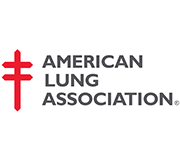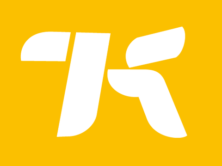The Australian Press Council is holding round tables to discuss new media ethics standards. (credit: Australian Press Council, screenshot)
The Australian press council recently published new “guidelines covering the reporting of suicide,” according to The Australian.
The guidelines now advise that reporting on suicide “can be of substantial public benefit.” However, Australia’s media is advised against reporting “the method and location of a suicide.”
Concerning the suicide reporting standards, Derek Wilding, who became the press council’s standards project director in July, explained the council met with “mental health experts and media representatives…to help develop the new Standards.”
The standards on suicide reporting were released Aug. 2. See here.
Press Council to Review Other Standards
Australia’s press council is meeting with citizens and print media outlets to discuss journalism standards, The Australian reported.
According to the press council’s website, it was set up 35 years ago and has “three main areas of work.”
The 22-member council creates media standards, addresses public complaints, and makes “statements on policy matters within its areas of interest.”
According to The Australian, the “series of round-table discussions” will start this month. Some of the issues the council expects to discuss includes misrepresentation, conflicts of interest, photojournalism standards and ethics, and hospital reporting standards.
The council’s 2010 complaints focused on “inaccuracy, imbalance, and unfair treatment,” according to The Australian.
For example, noted The Australian, “The new standard is likely to require journalists to identify themselves when they enter a hospital, rather than waiting to be asked, and to obtain informed consent from interviewees.”
The press council’s standards director, Derek Wilding, told StinkyJournalism via e-mail that last month, the council started a “three-year Standards Project.” The project was proposed by council chair, Julian Disney, and “endorsed by a Council resolution of August 2010.” Part of the project includes “extensive community consultation in the course of the project.”
There are four community consultations scheduled for August and September, and those roundtables will guide future meetings with the public to discuss standards, Wilding told StinkyJournalism by e-mail.
According to Wilding, when Disney became chair, he “emphasised that he would want the Council to focus more on pro-active development and monitoring of standards, rather than focusing mainly on handling complaints.”
The council, which used to advise the media through “Statements of Principles (which were binding on its members) and Advisory Guidelines,” is now operating under a “new tri-partite structure of Standards of Practice,” according to Wilding. That new standard has been effective since June.
“This structure consists of the Statements of Principles (which remain binding), a new category of Specific Standards (which will interpret and apply the Principles in specific contexts and will also be binding) and the Advisory Guidelines (which also relate to specific contexts but are not binding).”
The council will release new standards resulting from the meetings as they are developed and approved, according to Wilding.
As iMediaEthics has previously written, some Australian politicians have called for a journalism ethics investigation following the phone hacking scandal in the UK. According to The Australian, the press council’s discussions were scheduled before those calls.
Hat Tip: Guardian’s Roy Greenslade






